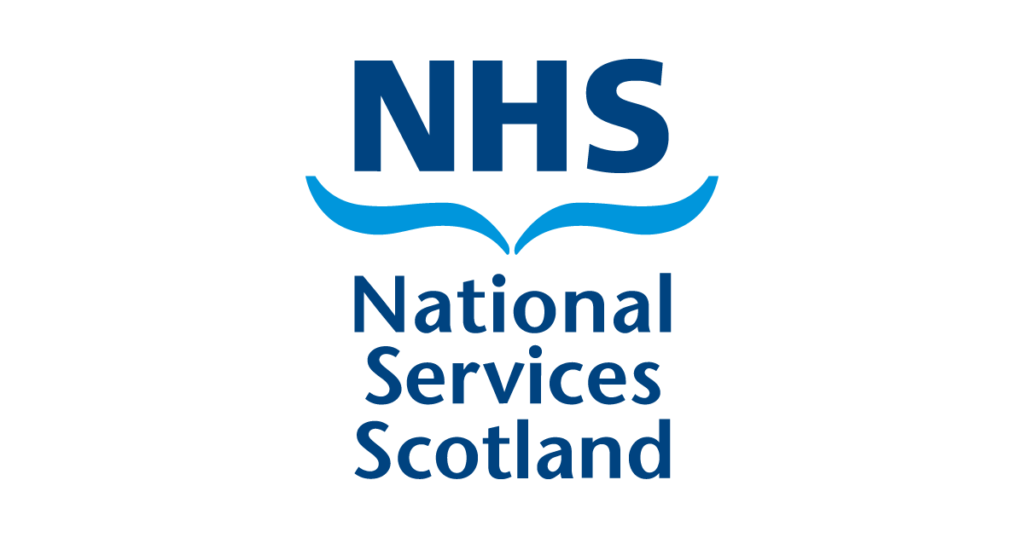March 3 — 7% of people in Scotland use e-cigarettes. More than 1/3 of respondents to a new survey conducted in Scotland believe e-cigarettes should be offered in the NHS National Health Service in Scotland.
GoSmokeFree.co.uk asked 1,200 respondents to gauge their views on e-cigarettes to help smokers reduce tobacco use and thus reduce the overall harm to society.
Considering the benefits of e-cigarettes in helping smokers quit, 35% of people in the survey said e-cigarette products should be available in prescription.
Considering the risks associated with smoking, not only for the individual but also for those around them, 38% of respondents believe the government should make cigarettes illegal.
In addition, 45% (nearly half) said they believe anti-smoking laws are not strict enough, which may be why so many people support making cigarettes illegal.
About 1/5 of adults in Scotland still smoke, making it a leading cause of preventable death from disease, premature death, and disability.
While not wholly risk-free, e-cigarettes do not produce tar or carbon monoxide, the two most harmful components of tobacco smoke.
NHS Scotland discusses the use of e-cigarettes on its website and explains how e-cigarettes can help control nicotine cravings in tobacco users who are trying to quit.
However, e-cigarettes are not currently on the NHS formulary; instead, tobacco substitutes are regulated as consumer products.
In 2017, the annual Stoptober campaign was the first time the U.K. government promoted the use of e-cigarettes as a tool to help smokers kick the bad habit.
The U.K. government first promoted the use of e-cigarettes as a tool to help smokers quit during its annual Stoptober campaign in October 2012.
The Stoptober campaign encourages people to stop smoking for the month and beyond. Research shows that if smokers can quit for 28 days, they are more likely to quit altogether.
Since its launch ten years ago in 2012, Stoptober has helped encourage 2.3 million smokers to try to quit.
The Covid-9 pandemic has affected many people’s habits. The embargo has harmed people’s tobacco use: a recent survey of current smokers found that nearly half said their smoking had increased since the first embargo began, with 43% of them saying this increased use was out of boredom.
7% of people in Scotland use e-cigarettes and more than half (59%) of those adults who use e-cigarettes or e-cigarettes in an attempt to quit found that this method helped them successfully quit smoking for a month or longer.
The GoSmokeFree survey also found that among those former smokers who switched to e-cigarettes, nearly half (44%) said the most significant benefit of doing so was that they felt healthier overall.
Among those who switched to e-cigarettes, more than one in five (22%) said they were much cheaper than buying cigarettes.
In Scotland, the cheapest brand of 20 packets of cigarettes costs around £9.50, while in many supermarkets, better quality marketed products sell for more than £13.
The average smoker smokes about 12 cigarettes a day, which can quickly become an expensive habit if continued over time.
Another 18% of those who switched to e-cigarettes said the most significant benefit was that e-cigarettes feel safer overall – perhaps because they do not involve using a flame and do not produce carbon monoxide or tar-like cigarettes.
Nearly 9% of people who now smoke e-cigarettes said they found the variety of e-cigarette products on the market to be the most significant benefit to quitting. In comparison, 7% said they preferred the aftereffects of e-cigarettes compared to cigarettes.
Despite calls to purchase e-cigarettes by prescription, nearly three-quarters (72%) of survey respondents said they believe health authorities are not doing enough to encourage smokers to switch to e-cigarettes or smoke them to break the habit.
In addition, more than half (58%) said they believe tobacco users should pay more in taxes, given the increased burden smoking-related problems place on the NHS in Scotland.
More than half (54%) did not even know that the Scottish government spends up to £780 million a year treating tobacco-related illnesses.
However, this does not include the cost of ill health due to exposure to second-hand smoke, nor does it consider the impact of smoking-related ill health on the national economy.
GoSmokeFree.co.uk says that when it comes to encouraging smokers to switch to healthier habits, it appears that respondents see cost as an essential factor in doing so.
Similarly to how some believe smokers should pay more in taxes to increase the burden on the NHS, more than half (54%) believe e-cigarette products and e-cigarettes should be tax-free to help motivate smokers to change their habits.
Reducing smoking rates nationwide has many benefits – for the smokers themselves and the community as a whole.
Lowering tobacco use saves not only the government high cigarette-related costs but also the overall health benefits by reducing the risk of cancer, including throat, lung, stomach, and esophageal cancers; lowered risk of cardiovascular disease; and reduced chances of developing stomach ulcers; Reduced environmental impact and reduced exposure of non-smokers to harmful second-hand cigarette smoke.


